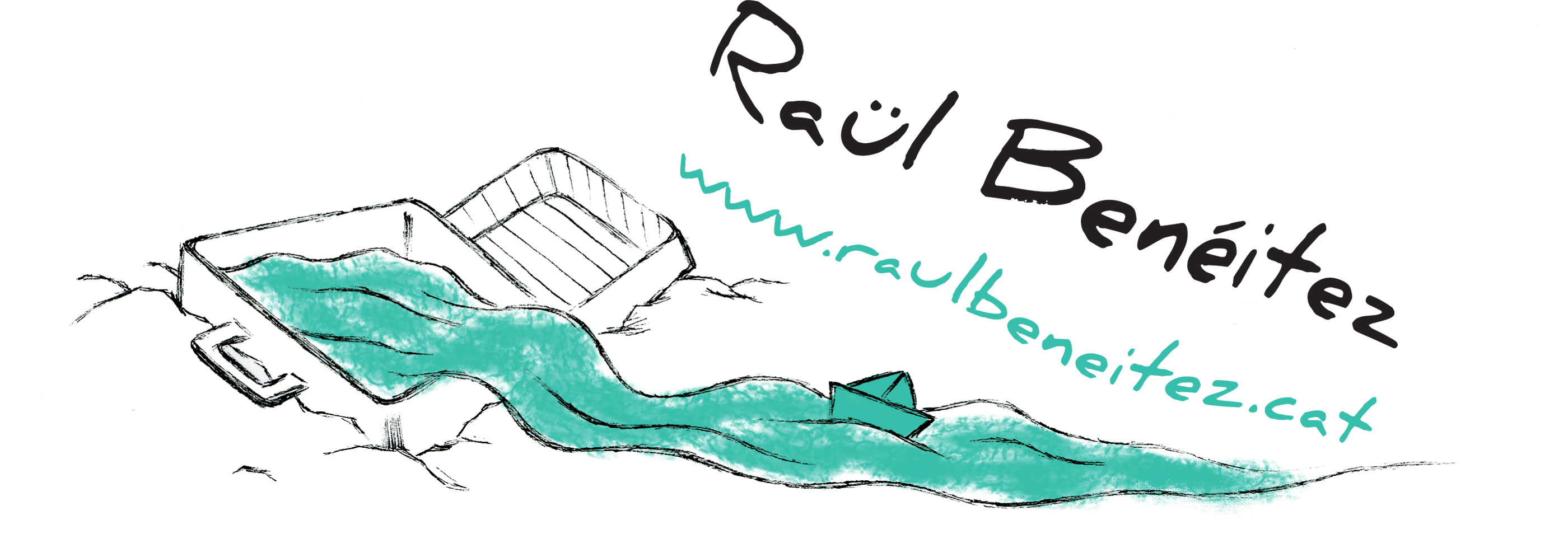Foaming or frothing at the mouth occurs when saliva mixes with air, creating a bubbly substance that appears around the mouth or lips. While it may seem like a rare occurrence, it’s a symptom that can indicate severe underlying health issues. Recognizing this sign and understanding its potential causes can be crucial in providing timely and appropriate medical assistance. Unintentional foaming is usually a sign of a serious medical condition that requires emergency medical care. It is essential to seek immediate medical help if a person begins foaming at the mouth. Alongside foamy saliva, you might notice dry mouth, bad breath, or difficulties swallowing.
Timely identification of these causes is crucial for appropriate treatment. Addressing foaming at the mouth promptly can prevent complications. If you have persistent or recurring foamy saliva that does not ease by rehydrating with water, you should see your doctor or a medical professional. When in doubt, it’s always best to err on the side of caution and consult with a veterinarian.
- If someone is or may be experiencing an overdose, a witness should call emergency services or drive them to the nearest hospital.
- Addressing foaming at the mouth promptly can prevent complications.
- Schedule regular medical visits to monitor treatment efficacy and adjust dosages if needed.
- Sometimes, this is accompanied by other oral symptoms, such as the appearance of red patches in mouth roof , which warrants immediate medical attention.
- Recognizing these signs and understanding potential triggers is crucial, especially in emergencies.
- They consider medical history like existing conditions, medication use, and lifestyle factors.
- If you found this article helpful, please share it with others to spread awareness about this critical medical issue.
Symptom Checker
Once the convulsions stop and someone starts to regain consciousness, the bystander can roll the individual onto their side. People who overdose on ingestible toxins, such as alcohol or liquid chemicals, may require a stomach pump or activated charcoal to remove the what happens when foam comes out of mouth toxin. Usually, only one type of seizure, which is called a tonic-clonic seizure, causes drooling, slight foaming, or bubbling at the mouth. A severe overdose may cause drooling or saliva to pool in the mouth and be pushed through clenched teeth and lips. Understanding these elements can make a significant difference in how you respond to such a situation.
- Understanding the potential causes like seizures or poisoning helps in assessing the situation effectively.
- Immediate medical intervention is essential during such events, as the necessary treatment can be life-saving.
- It begins to affect the organs, such as the heart, lungs, and brain.
- Regular oral hygiene practices like brushing twice and flossing daily combat dental issues.
- The treatment for frothing at the mouth depends on the underlying cause.
Canine Poisoning, What causes foaming at the mouth
The CDC notes that only 1 to 3 cases are reported annually in the US, but it causes excessive salivation. Symptoms like agitation, hallucinations, or paralysis may accompany foaming, necessitating immediate medical attention. Rabies isn’t only significant in humans; it’s also common in certain animals.
Treatment Options
This is an emergency medical situation, and you must call 911 immediately. SeizuresSeizures are episodes of excessive, abnormal activity within the brain. They can happen to anyone, regardless of whether they have epilepsy. Seizures can interfere with the swallowing reflex, preventing excess saliva from building up in the mouth.
Lifestyle Changes
If you’ve been bitten by an animal or you think you’ve been exposed to rabies, call 911 or your local emergency services or go to the nearest emergency department. People with seizure disorders or epilepsy can experience a few different types of seizures, each with its own unique set of symptoms. In particular, an opioid overdose can cause foaming at the mouth.
Ultimately, persistent foam in the mouth warrants a medical evaluation to determine the underlying cause. The appearance can be quite dramatic, and the foam may be expelled with force due to the affected individual’s difficulty controlling their airway. During a seizure, the foam is typically white or off-white and somewhat sticky in texture.
If accompanied by other severe symptoms, however, seeking prompt medical attention is crucial to rule out any underlying medical conditions. Understanding why foam appears in the mouth is crucial for addressing potential health issues. While dehydration and dental problems are common causes, more serious conditions like seizures or infections could be at play. It’s essential to stay hydrated, maintain oral hygiene, and manage stress to prevent these symptoms. Regular health check-ups can help catch underlying issues early, ensuring effective management. If foaming persists or severe symptoms arise, seeking medical advice is vital.
Witnessing mouth frothing can be alarming, leaving many wondering about its causes, treatments, and potential emergencies. This comprehensive guide delves into the realm of mouth frothing, providing essential information to help you navigate this condition effectively. From common causes like epilepsy to severe emergencies such as rabies, we’ll explore the spectrum of mouth frothing, empowering you with knowledge to respond appropriately. It indicates a potential airway obstruction or underlying medical emergency requiring immediate attention. The priority is to assess the situation and act swiftly to ensure the individual’s safety and well-being.
